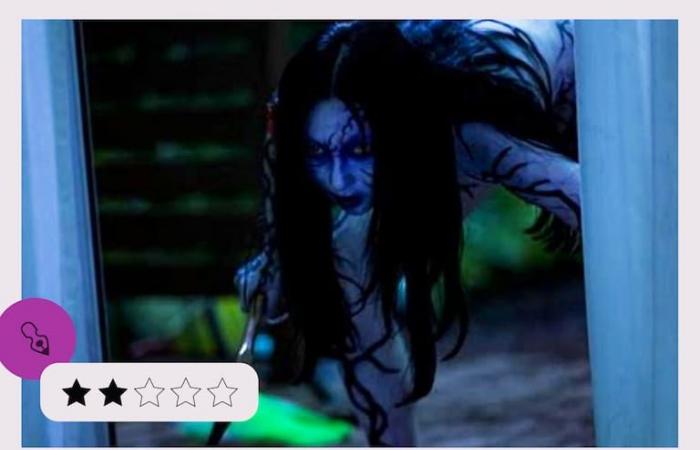Hear
The last spell (The Forbidden PlayJapan/2023). Address: Hideo Nakata. Script: Karma Shimizu, Noriaki Sugihara. Music: RIM. Cast: Kanna Hashimoto, Daiki Shigeoka, Minato Shougaki, Uika First Summer, Mayu Hotta, Yuki Kura, Shinobu Hasegawa. Duration: 110 minutes. Distributor: BF Paris. Our opinion: regular.
From that outpost of oriental horror that invaded cinemas more than two decades ago under the name j-horrordirector Hideo Nakata stood out among his peers with two films: Ringu (known among us as The call) and Dark Water. While only a vague memory of the North American remake starring Jennifer Connelly remains of the second, The Ring It sparked a phenomenon that included sequels – both in its country of origin and in the United States -, video games and television series. Almost always around Samara, an unforgettable spectral girl with straight hair on her face who called on the phone to tell you that you had seven days to live.
Years passed, the formula was exhausted based on countless bad imitations, and the ghosts of the East began to be less and less scary. However, when it was thought that the aspect was exhausted, Hideo Nakata insists, reinterpreting several of his obsessions in search of the glory of yesteryear.
The first half of The last spell (cheating local translation to relate the film to the saga of The spell, with which it has nothing to do) is divided into two parallel stories. The first is that of the family made up of dad Naoto (Daiki Shigeoka), mom Miyuki (Uika First Summer), and little Haruto (Minato Shougaki). When the boy finds the tail of a lizard in the garden, the father has no better idea than to make a joke and tell him that if he burys it and prays a ridiculous mantra with all his might, a new lizard will grow from the ground. Haruto does it, convinced of success, so much so that when his mother dies in an accident a few days later, he cuts off her finger and begins the same procedure with the intention of seeing her again. As the days go by, a mound of earth appears in the place, as if something was growing underneath.
On the other hand, there is the story of Hiroki Kurasawa (Kanna Hashimoto), Naoto’s former co-worker and secretly in love with him, who begins to be the victim of a ghost that stalks her. Kenshin (Shinobu Hasegawa), a media psychic, gives her her answer: it is not the spirit of a dead person, but of someone alive. Because yes, in this film bad energies can turn into avenging ghosts. A minimal explanation will unite both realities, and will be the backbone of a resolution in which the inexplicable is explained with more will than concrete results.
Despite the attempt to give a twist to a style within the horror genre that has become somewhat stale, the director fails to generate an emotional commitment to the story that goes beyond the common places of his filmography. The traditional family, the relationship between parents and children, the use of technology (it is no longer time for calls to landline phones, so now communication with the afterlife takes place via cell phone), some unnecessary touches of humor, and certain ideas that seem taken from Terminator 2they round out a failed project, from someone who has not known upgrade and ends up getting bogged down in familiar, and increasingly less attractive, terrain.






